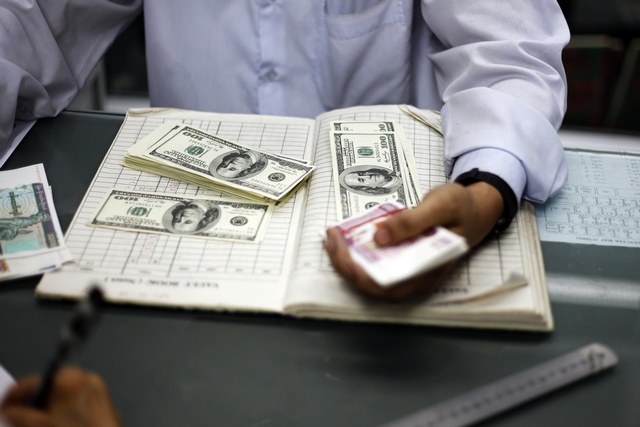Regional Administrations have been the focus of a third of the cases lodged by the newly formed Anti-Corruption Commission (ACC) and verified by the Ministry of Home Affairs, according to a Burmese lower house MP.
Thein Nyunt, a parliamentary representative for Rangoon Division, says that over 300 complaints have been submitted by members of the public to the ACC, headed by vice-president Sai Mauk Kham.
The Ministry of Home Affairs has ratified 90 of those complaints – including 25 directed against regional government administrations, 11 against the Ministry of Agriculture and Irrigation, 10 against the Ministry of Home Affairs and three cases against the Supreme Court.
Thein Nyunt said he was surprised that there were only three complaints verified against the Supreme Court, amid widespread public criticism of corruption among judicial authorities.
In a statement released on Wednesday and reported by state-run paper The New Light of Myanmar, the ACC warned that legal action will be taken against those who lodge a complaint without “concrete evidence”. The ACC maintained that those who can prove that they have suffered “loss due to bribery and corruption” are invited to appeal.
The 15-member ACC was established by presidential decree ahead of the legislation that enables it, and signed into law on 7 August 2014.
Accusations of corruption from domestic and international critics have been a constant thorn in the side of Thein Sein’s quasi-civilian reformist government.
The extent of corruption in Burma is “really quite stunning”, Sam Zarifi, regional director of the International Commission of Jurists, told DVB in early April, in relation to alleged misconduct in the timber industry.
Literally every sector, Zarifi said, is and will for some time remain dominated by government cronies, especially in the booming extractive sector, where profit margins are high.
ACC findings have, however, lead to arrests. Late last month, a former government administrator of Pwintbyu, Magwe Division, was sentenced to life in prison after being found guilty of embezzling over 260 million kyat (US$260,000) from funds designated to buy fertiliser for farmers. That sentence was the harshest levelled against a corrupt government official in Burma to date and lent legitimacy to the ACC and the Anti-Corruption Law.
[related]
Eradicating corruption in Burma is inextricably linked to greater media freedom, Zarifi stressed to DVB last week, as journalists, activists and citizens remain as watchdogs. Those freedoms took a hit this month, however, with the jailing of DVB correspondent Zaw Pe, which Human Rights Watch described as an attempt to “intimidate the press and curtail their ability to investigate corruption and malfeasance.”
Zaw Pe’s case, which ended in a one-year jail term for “disturbing a civil servant” as well as trespassing, was heard at local and high court levels in Magwe and Naypyidaw respectively, fuelling further speculation as to corruption within the Burmese judicial system.



